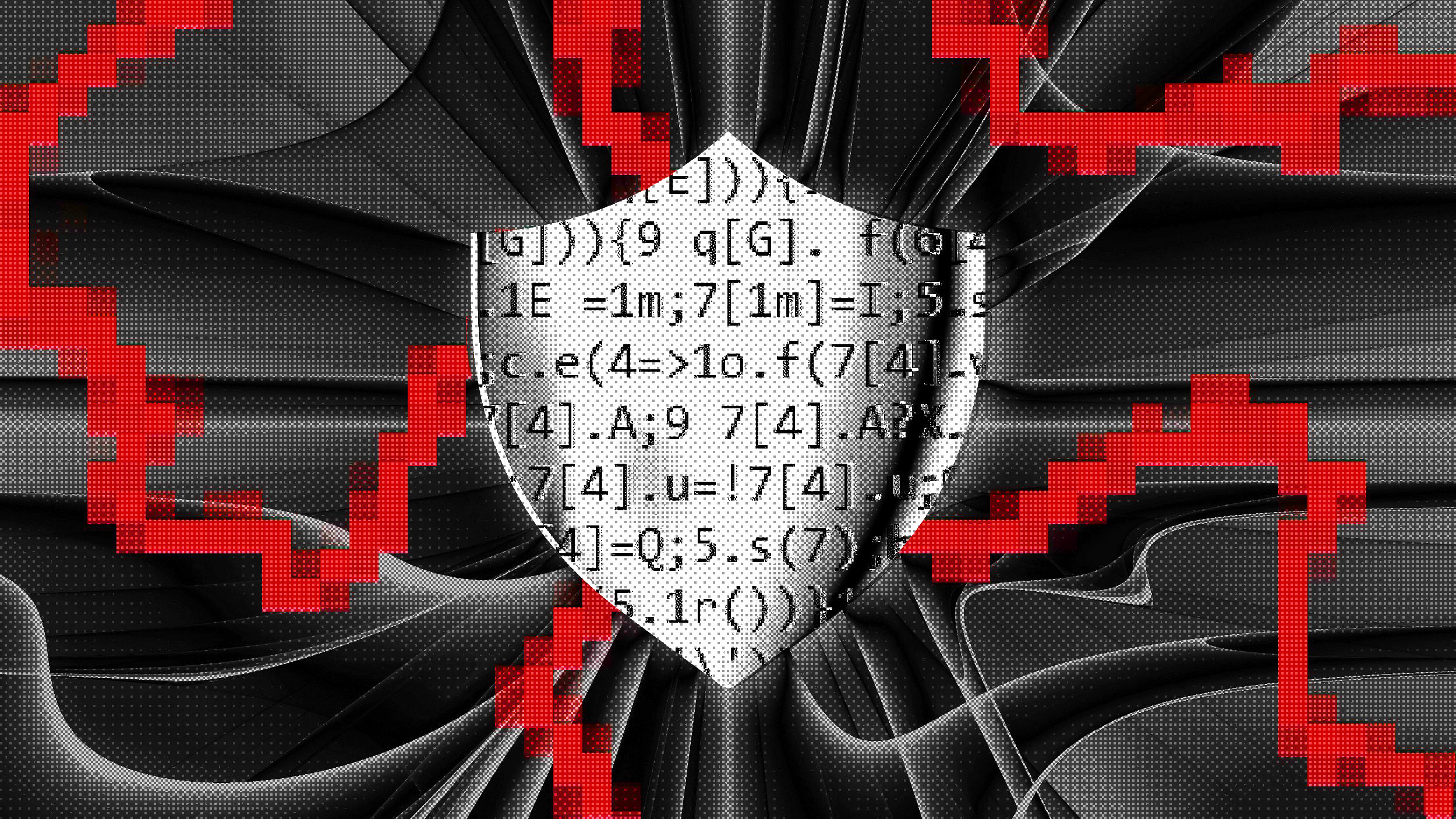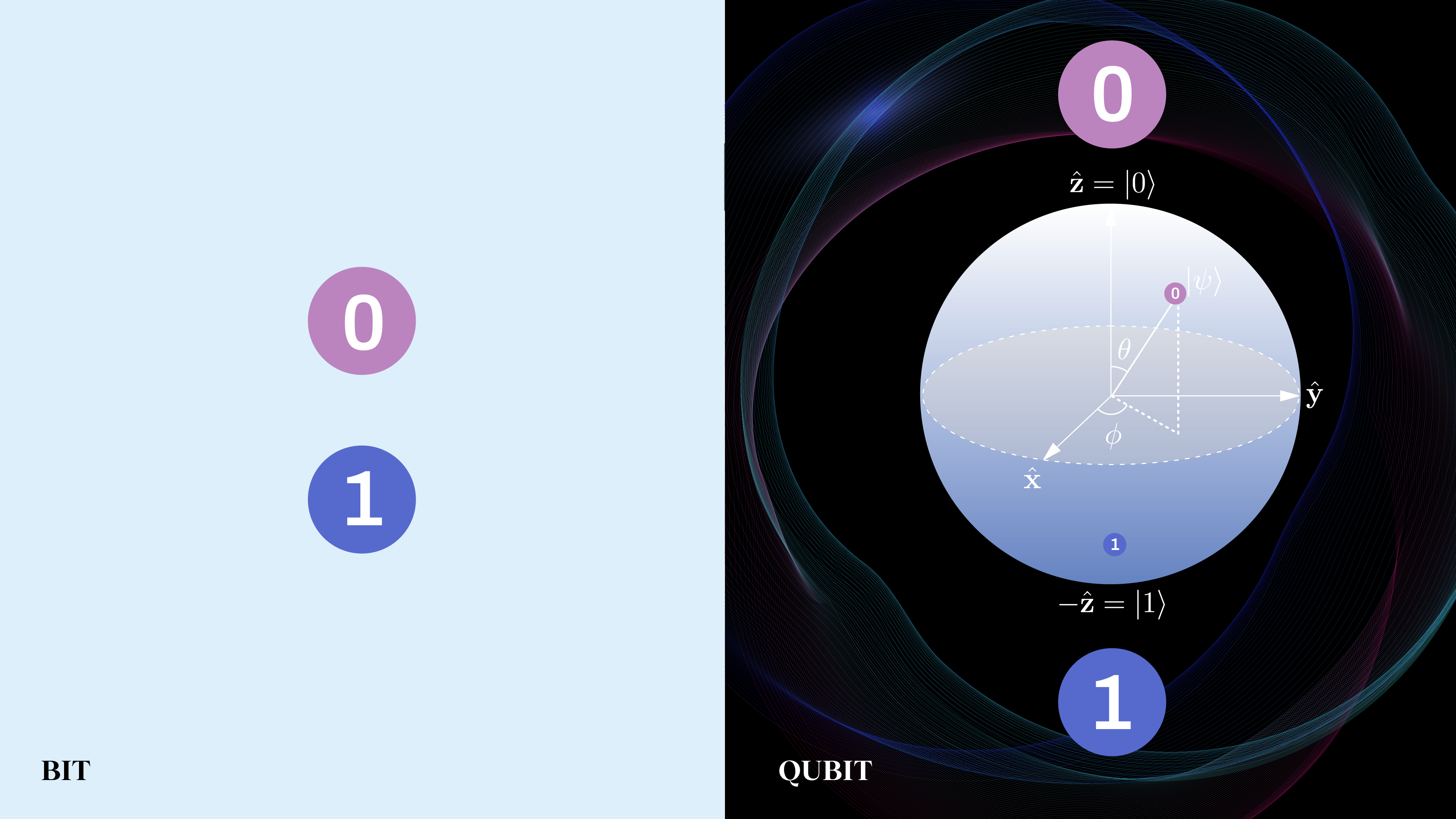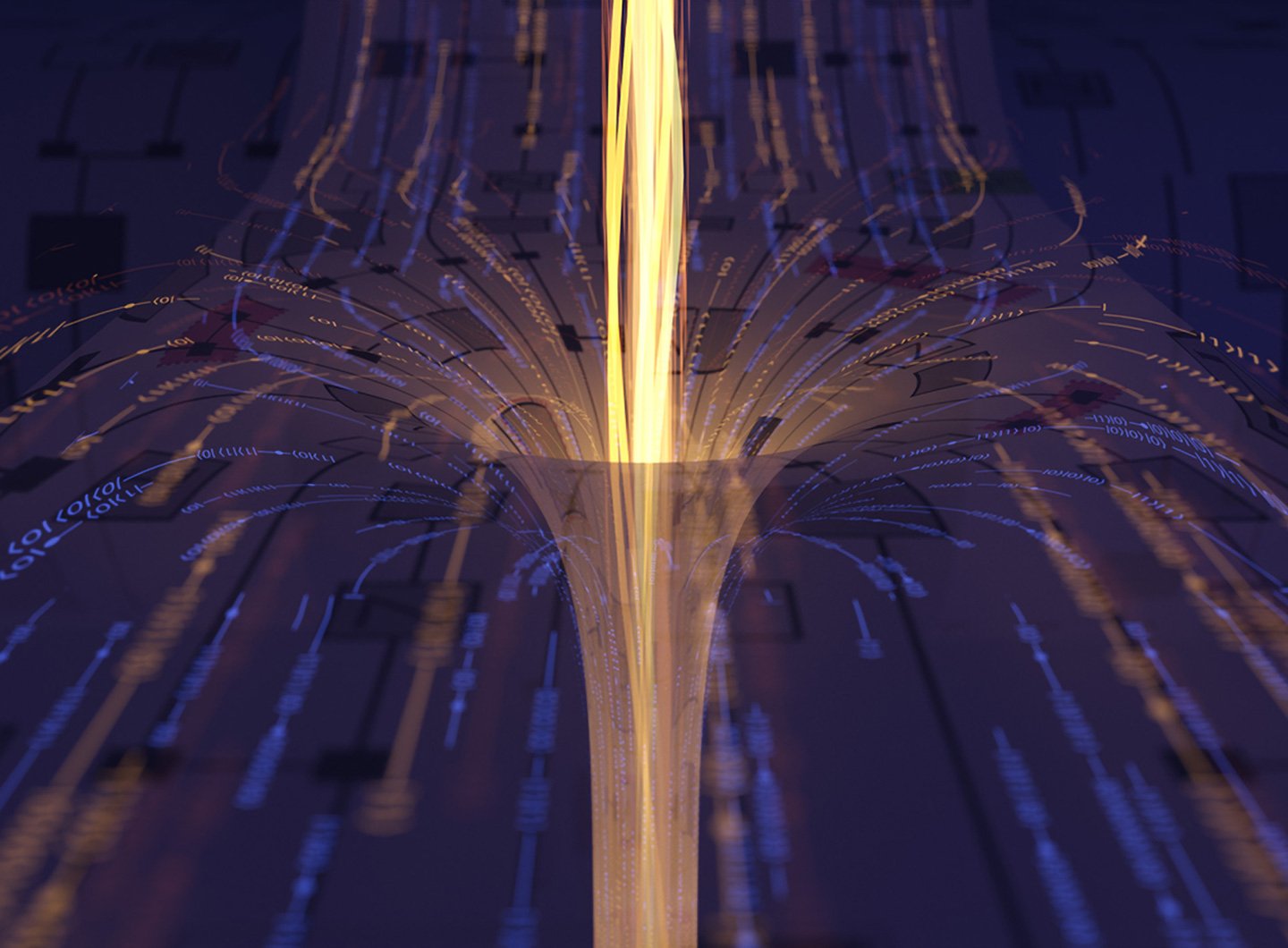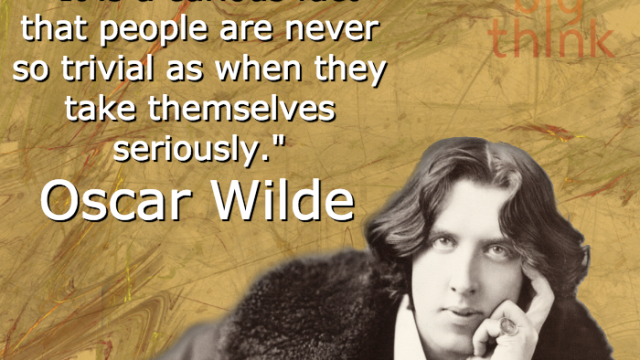Why the NSA Wants a Quantum Computer, with Brad Templeton
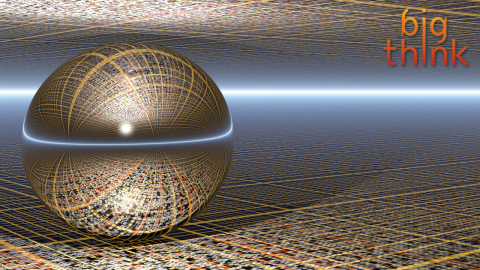
After previously discussing surveillance and autonomous cars, Singularity University’s Brad Templeton returns to Big Think to examine some lighter fare: quantum mechanics and computing.
Templeton, a software architect and futurist, tells of a hypothetical machine that could bring down the internet (and much of society with it). Such a machine would harness the principles of quantum mechanics and boast problem-solving capabilities both amazing and scary:
“It seems possible in theory to do very, very huge amounts of computing in quantum mechanics, sort of as some people would imagine it as though you were tapping into millions and trillions and billions of parallel universes and having computations take place in all those parallel universes until an answer is found in one and is revealed to you in your universe.”
While a computer with those capabilities would in most cases be a triumph, it could also spell disaster if placed in the wrong hands. For example, much of the cryptography employed to keep our computer network secure relies on math problems that are tremendously difficult to solve. Utilizing quantum mechanics, a theoretical quantum computer would almost certainly be able to crack the code:
“And if that lock can be broken, because the quantum computer makes easy what everyone else believe to be incredibly hard, the person with the quantum computer could break most of the cryptography, all the traffic you see going across the web, a lot of the financial transaction traffic, a lot of the authentication, all of that stuff becomes vulnerable to a computer that’s done that.”
Thanks to Edward Snowden, it’s been revealed that the NSA is currently researching how to create its own quantum computer. Templeton takes solace in that information because it means that they don’t already have one. And, he points out, they may never have one. After all, the machine is only the stuff of theory at this point. If someone were able to build one, Templeton says we’d know of its existence thanks to the legions of panicking Wall Street executives.
Templeton concludes with a discussion of D-Wave, a Canadian company that has created a machine sometimes referred to as a quantum computer. The D-Wave device solves many of the difficult problems a theoretical quantum computer would, but without the ability to crack highly-complicated cryptography. Instead, it focuses on optimization:
“…having a really complex system and trying to find the most efficient, the lowest energy, the lowest cost way to deal with it. And so that type of quantum computer could help us a lot at solving big business problems, big data problems”
While neither the D-Wave or the hypothetical NSA quantum computer will ever make an appearance at your work desk, their capabilities could have a lasting effect on how the world does business. We’ll just have to wait and see.
For more on the quantum computing, watch this clip from Templeton’s Big Think Interview:

